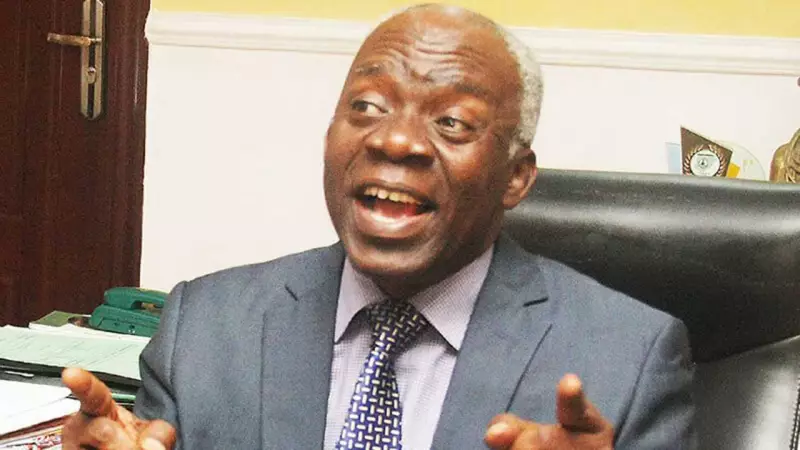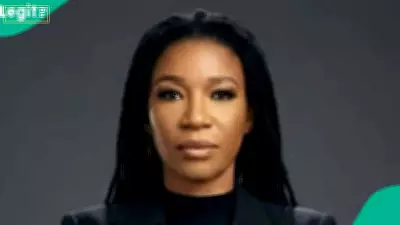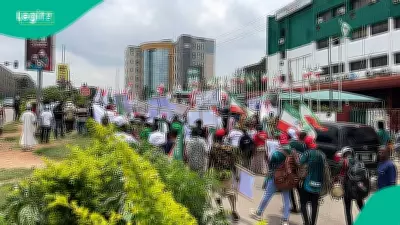
The Nigerian Federal Government has firmly rejected the United States' decision to designate Nigeria as a Country of Particular Concern (CPC) for religious freedom, marking the latest chapter in an ongoing diplomatic disagreement between the two nations.
In a strong rebuttal, the government described the classification as "unfounded" and "not reflecting the reality of religious coexistence in Nigeria." This represents the fourth consecutive time Nigeria has been placed on this watchlist by the US Department of State.
Falana Counters Trump's Explosive Claims
Meanwhile, prominent human rights lawyer Femi Falana SAN has dismissed former US President Donald Trump's recent allegation that genocide is occurring against Christians in Nigeria. Falana characterized Trump's statement as "politically motivated" and lacking factual basis.
"These claims are not only exaggerated but serve to undermine the complex security situation facing all Nigerians, regardless of religious affiliation," Falana stated during a press briefing in Lagos.
Government Defends Religious Freedom Record
The Federal Government emphasized Nigeria's constitutional protections for religious freedom, pointing to the peaceful coexistence of various faiths across the country. Officials highlighted that Nigeria maintains a secular state framework where all religions operate freely without government interference.
"We have robust legal frameworks that protect every citizen's right to practice their faith without fear or favor," a government spokesperson affirmed.
International Implications
The CPC designation places Nigeria alongside countries like China, North Korea, and Pakistan in the US State Department's religious freedom assessment. This classification could potentially affect bilateral relations and foreign aid considerations.
However, Nigerian authorities remain confident that ongoing diplomatic engagements will lead to a reconsideration of the designation, citing improved measures to protect religious minorities and address intercommunal violence.
The situation continues to develop as both domestic and international stakeholders monitor the Nigerian government's response to these significant allegations.





